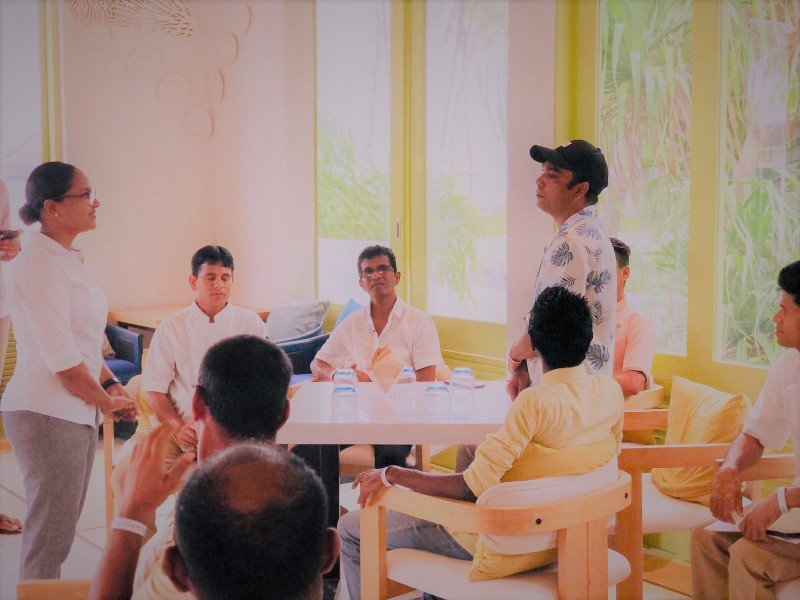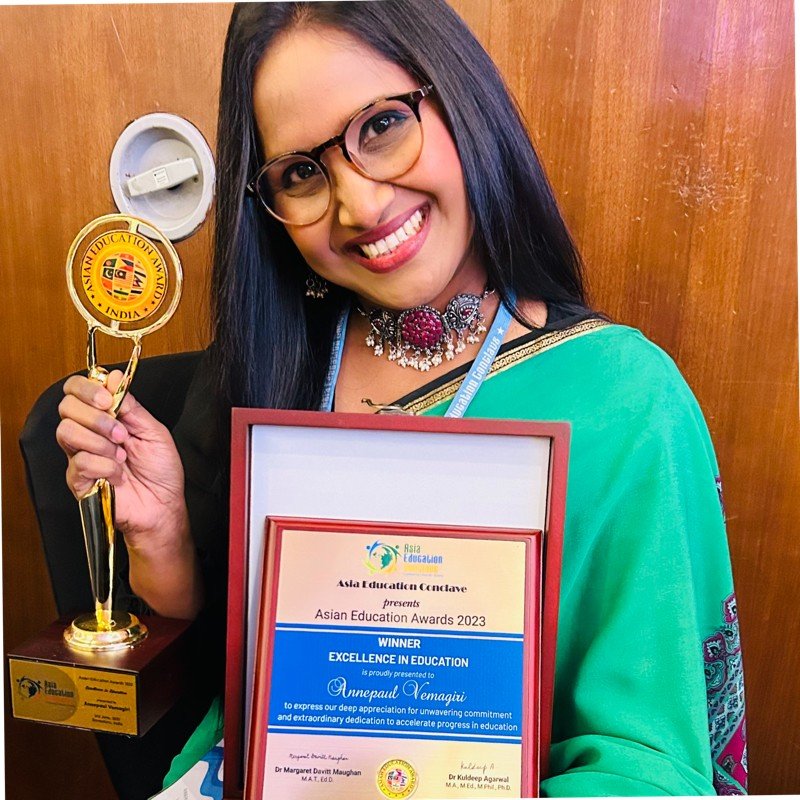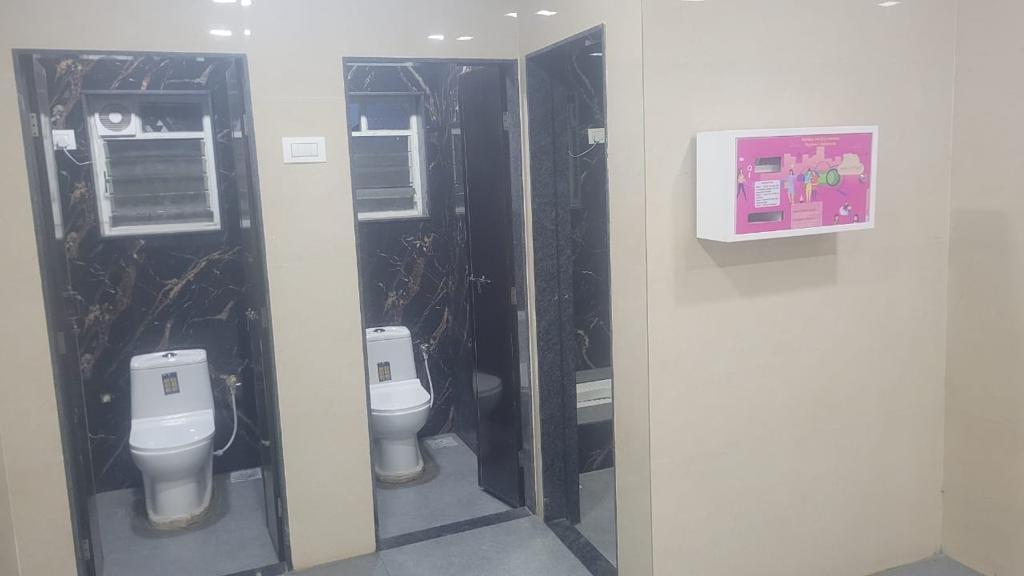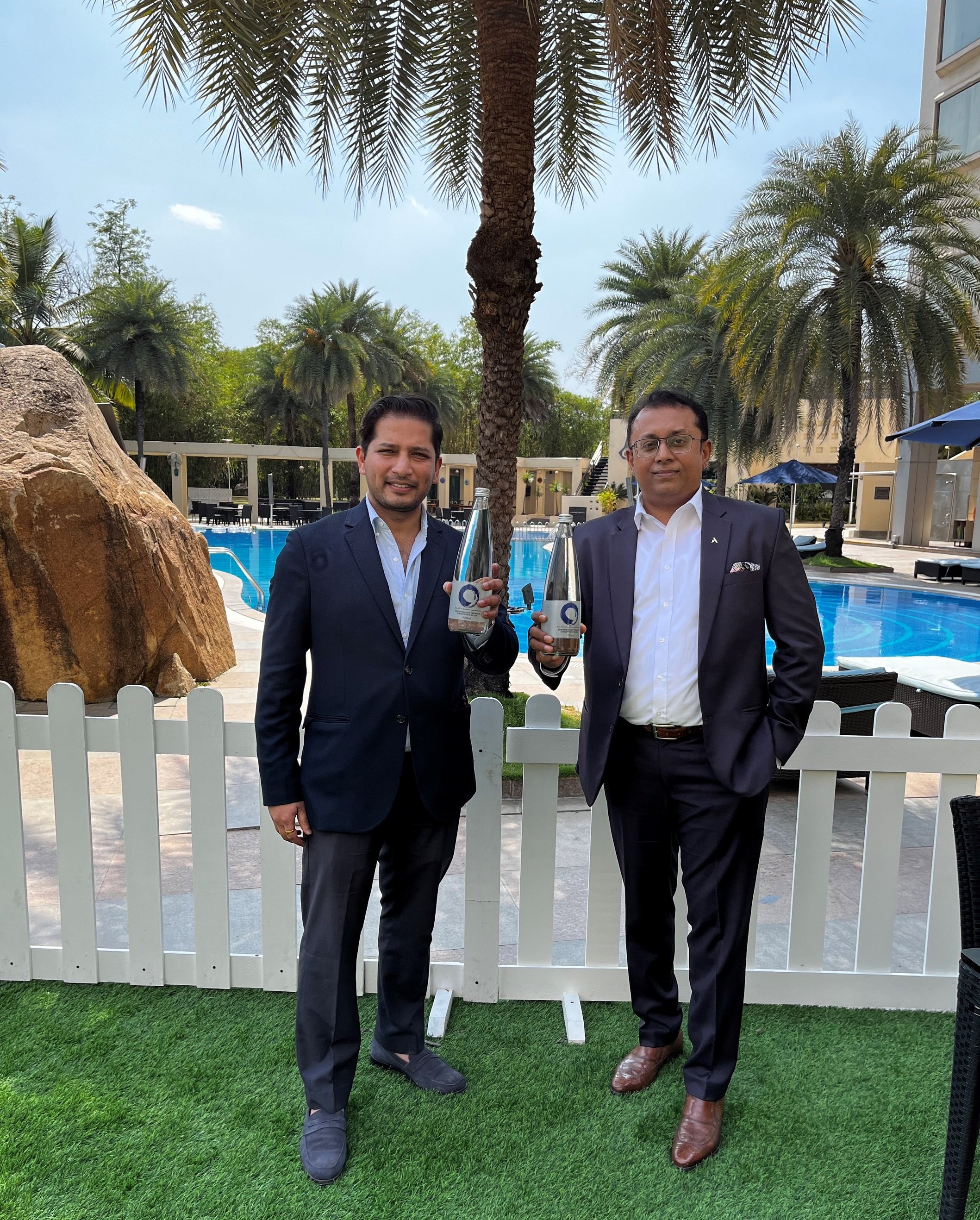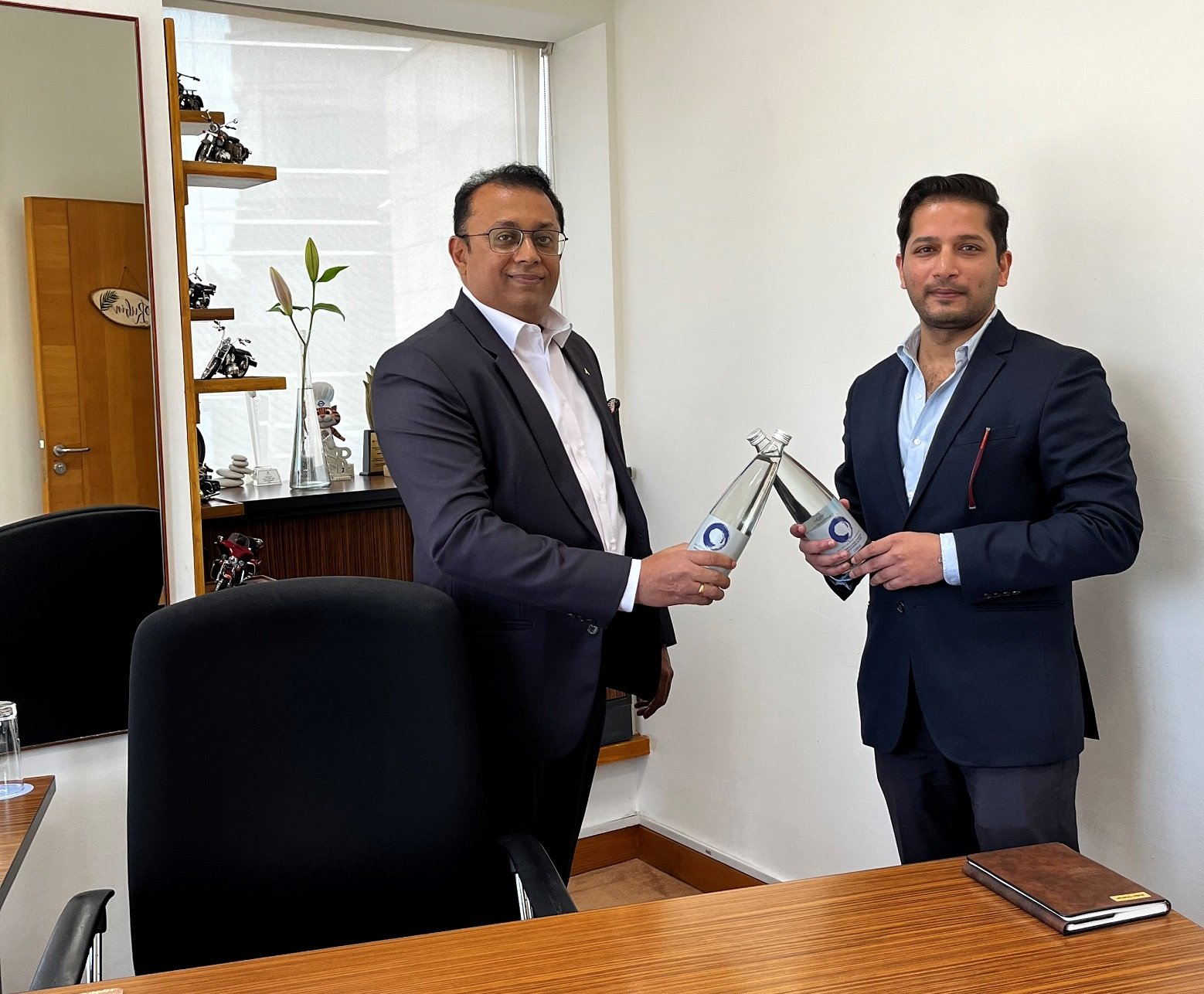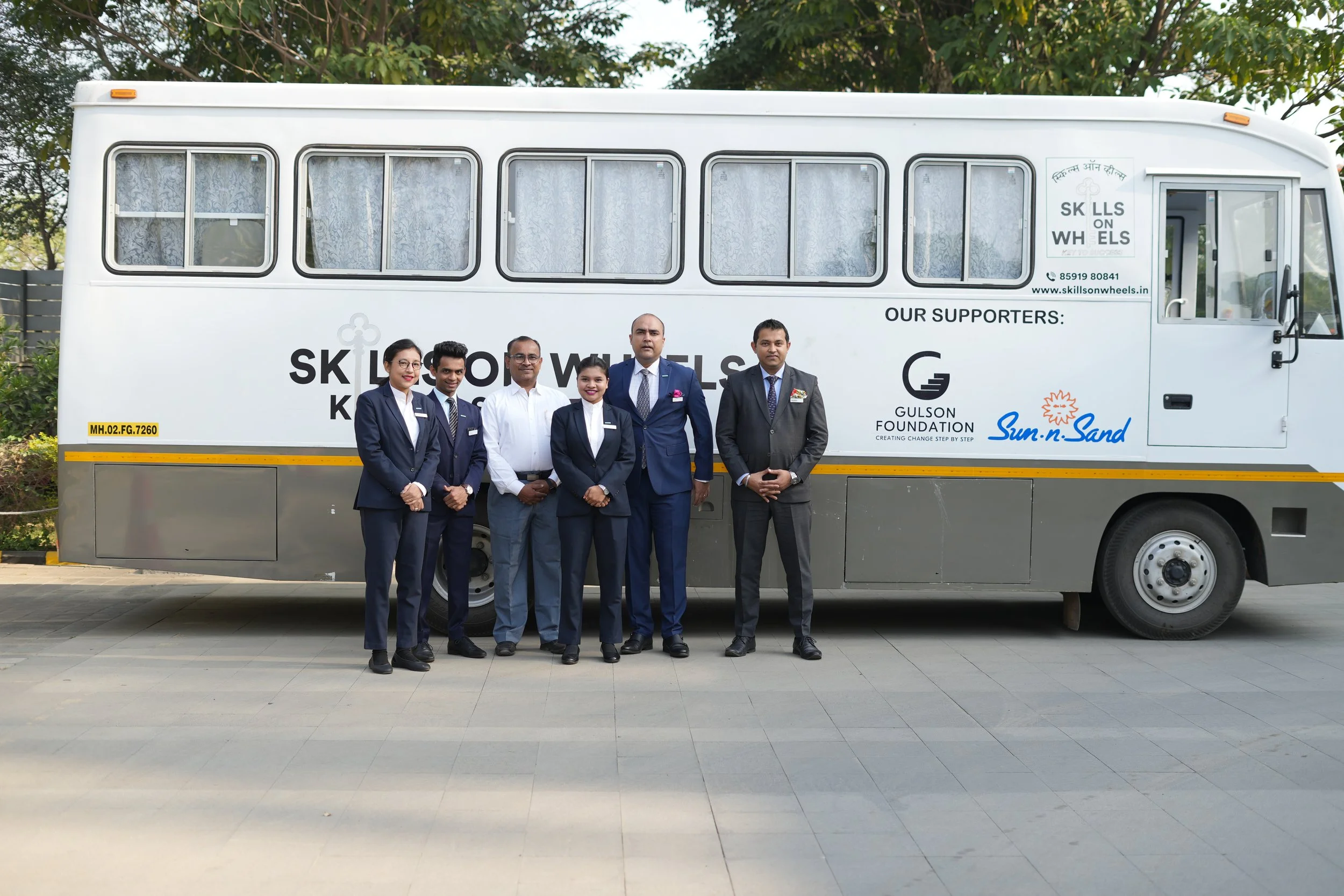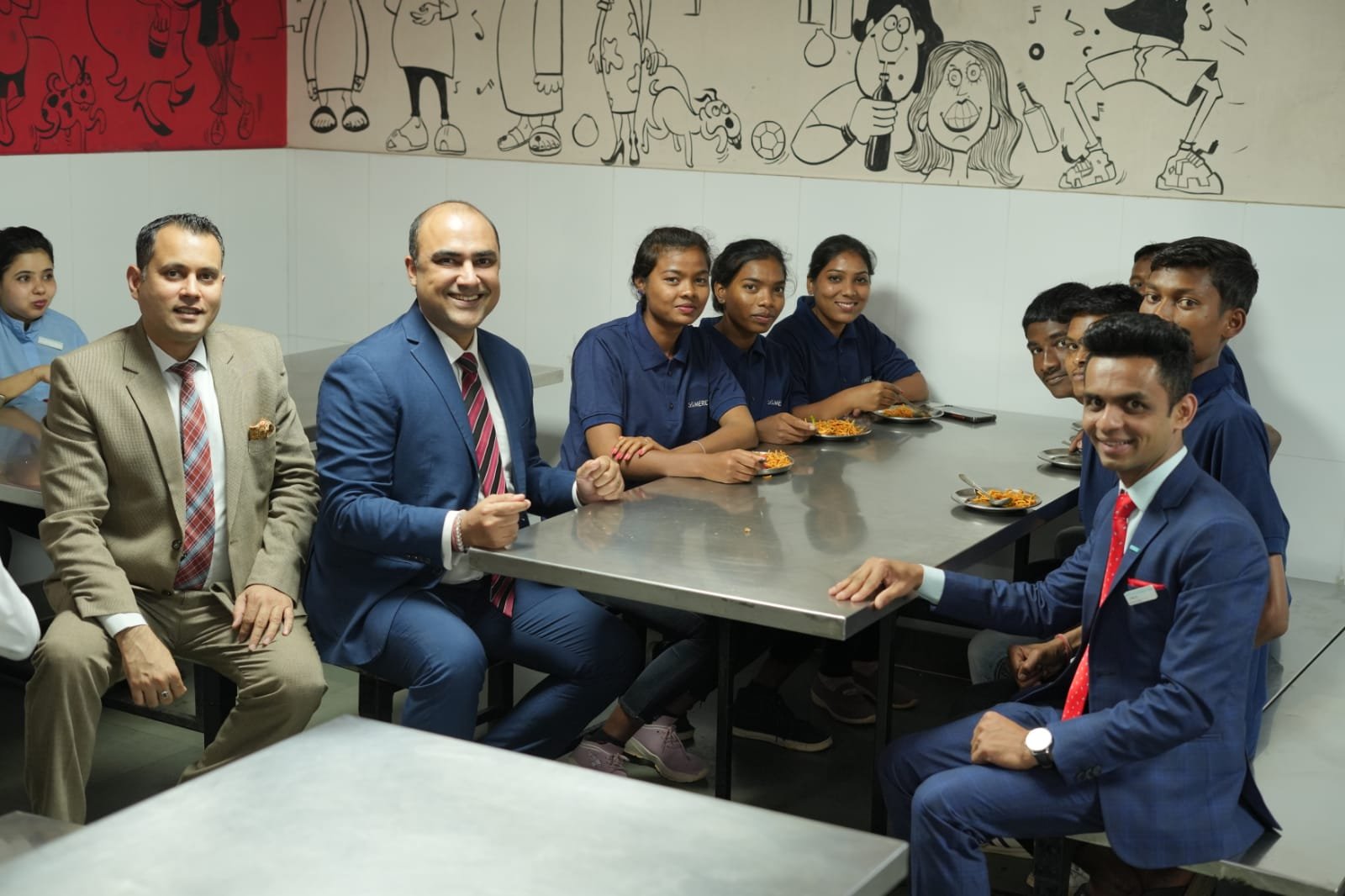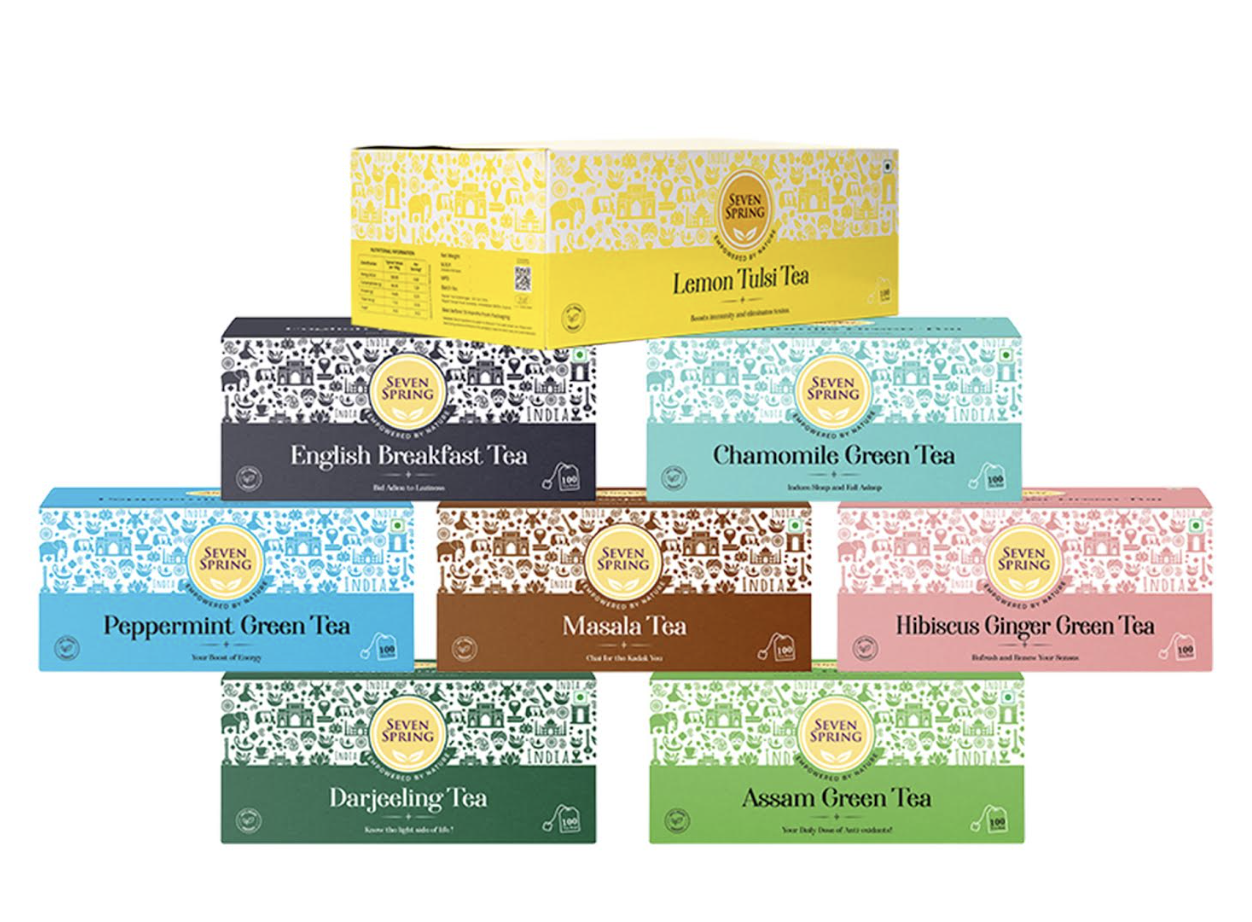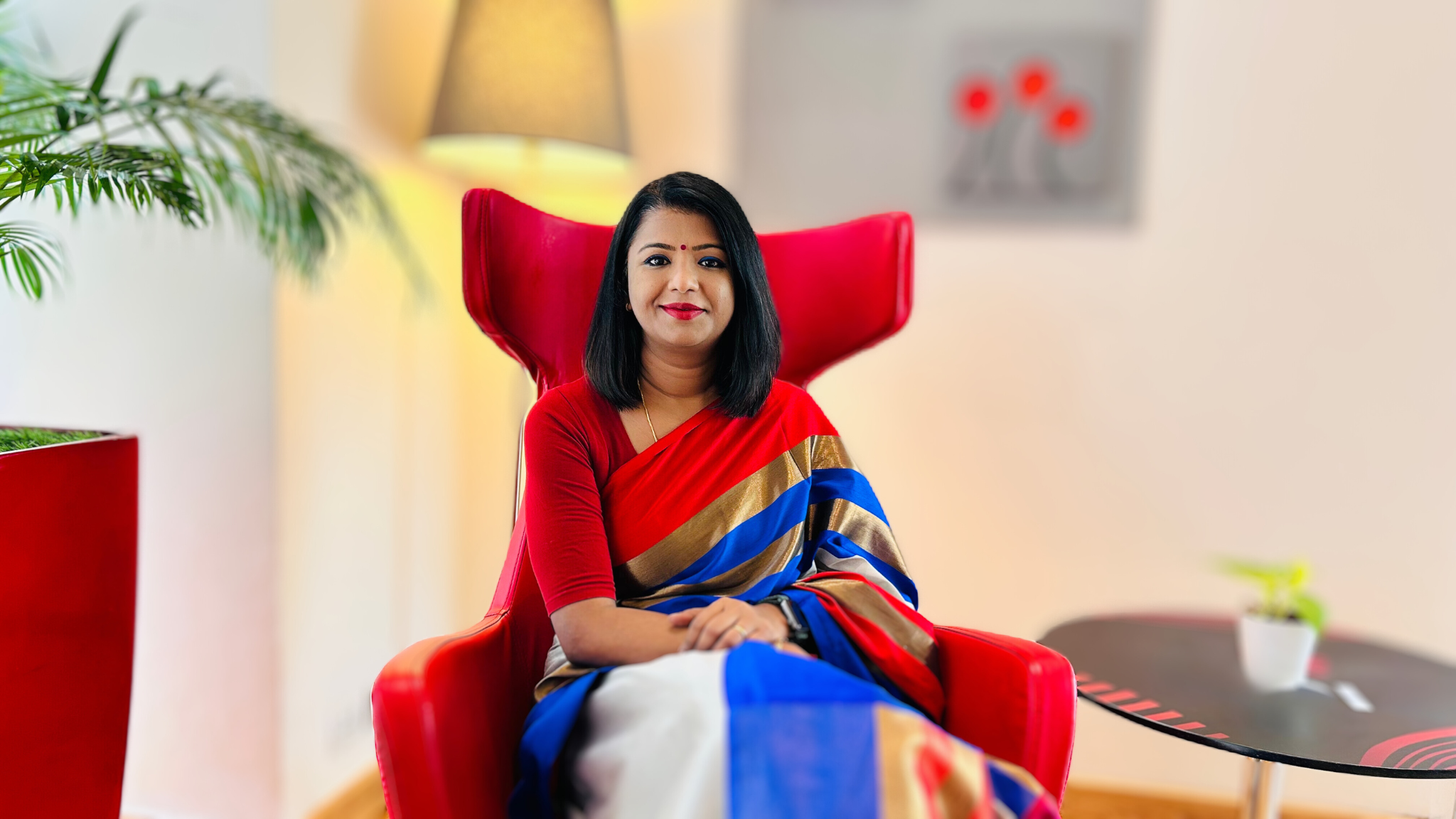RAS AL KHAIMAH TOURISM DEVELOPMENT AUTHORITY PIONEERS A NEW APPROACH TO SUSTAINABLE TOURISM: BALANCED TOURISM
Announced at the 2022 Arabian Travel Market, the Tourism Authority shares vision to become the region’s most sustainable destination by 2025 with an ambitious new approach at the heart of the Emirate’s tourism strategy
New Delhi, India, May 2022: Ras Al Khaimah Tourism Development Authority (RAKTDA) announces its bold new approach to sustainability – Balanced Tourism, a key milestone in its strategy to drive overall sector growth and become the regional leader in sustainable tourism by 2025.
Unveiled at the Arabian Travel Market 2022, the region’s leading travel and tourism event, the vision underscores the Emirate’s leadership in conscious tourism and aligns with its identity as a nature destination with a desire to progress, grow and evolve.
Under the all-encompassing banner of Balanced Tourism, the Authority is shaping tourism in the UAE by placing all aspects of sustainability (environment, culture, conservation and livability) at the center of its investment and development strategy. By ensuring issues surrounding ‘over tourism’ – such as over development, crowding of heritage sites, and the spoiling of its unique natural environment – are avoided, it is creating a destination that will resonate with today’s responsible traveller.
Balanced Tourism follows the Authority’s announcement in September 2021 of its Sustainable Tourism Destination Strategy to secure the Emirate’s long-term sustainability and drive overall growth through four key pillars: Sustainable Development; Cultural Conservation; Attractions Built with Purpose; and Community and Liveability.
Raki Phillips, Chief Executive Officer at Ras Al Khaimah Tourism Development Authority, said: “The need for good stewardship of our cultural heritage, environment, people and infrastructure has never been stronger, especially in post-pandemic times. Balanced Tourism does exactly that as we become ever mindful of the economic, social, and environmental impacts on tourism. Simply put, it’s time to move beyond just using less plastic to adopting an all-inclusive approach – from ensuring new projects such as hotels are developed at an organic pace to building new attractions with sustainability at their core.”
Sustainable Development
Known as the ‘nature Emirate’, Ras Al Khaimah boasts 64km of pristine beaches, mangroves abundant with wildlife, rolling terracotta deserts, impressive wadis and stunning mountains. These natural assets form the backbone of the destination’s key values, and their protection is a key focus. With this in mind, the tourism board has applied a mindful approach to new hotel developments, consulting with hospitality partners to ensure spacious venues, with thoughtful, sustainable landscaping, and maintaining a measured pipeline, limiting new properties to just two per year, to avoid rapid, less well-planned expansion and overcrowding.
As the licensing authority for all new hotel developments, Ras Al Khaimah Tourism Development Authority is able to set guidelines and protocols to regulate sustainability standards and work closely with hotels to ensure sustainable practices. This includes the recently announced integrated Wynn Resort, scheduled to open in 2026, that will be developed as per the Barjeel Green Building Regulations. There is also Earth Hotels Altitude, an eco-based pop-up hotel concept set to open on Jebel Jais in Q4 2022 featuring 15 fully fitted accommodation units, an activation center and swimming pool, and Saij Mountain Lodge, opening on Jebel Jais in 2023, a protected and sustainably managed mountain resort featuring sustainable lodges made from natural and sustainable materials.
Cultural Conservation
The integrated approach also includes cultural conservation. In addition to being the most fortified Emirate, with over 65 forts due to its importance as a trade route, Ras Al Khaimah is home to four archaeological sites which are tentatively on the UNESCO World Heritage site list, more than any other Emirate. The Authority has established a long-term investment plan to protect and enhance these and other key cultural projects. This includes Suwaidi Pearls Farm, the only site in the UAE which still cultivates local pearls, all done by hand to preserve the Emirate’s culture and traditions. It has also embarked on a three phased restoration program at Jazirah Al Hamra, one of the last surviving pearl diving and seafaring towns of the Arabian Gulf. Scheduled to complete in 2025, experts are working in line with UNESCO guidelines to restore the village, using traditional and sustainable materials, to potentially make it accessible to the public as an attractive tourist destination.
Attractions with Purpose
Under the Balanced Tourism platform, all upcoming attractions will be purpose built with sustainability standards and processes. Visitors can expect environmentally conscious development around Jebel Jais as well as across the more than 20 new sustainable tourism initiatives being developed across the Emirate. One example is the planned Scallop Ranch at Al Hamra Marine, a first of its kind attraction in the UAE that will support and enhance understanding of the marine ecosystem, with seagrass and sea cucumber species within the farm.
Community and Liveability
In addition, Ras Al Khaimah Tourism Authority is also embracing the concept of liveability as part of its Balanced Tourism ethos. This includes several progressive policies in place to promote employee well-being, leading to the Authority to be named the sixth best workplace in the UAE by Great Place to Work® for 2022 in the Small & Medium Organisations category, the highest placed government entity. It was also named one of the Best Workplaces for Women and a Great Place to Work in 2021, the first and only organization in Ras Al Khaimah to be awarded this certification. The Authority has also introduced RAKFAM, a series of initiatives aimed at enriching connectivity, community life and facilities for tourism sector employees in the Emirate.
Sustainability as a driver of growth
Led by the Authority in December last year, government entities, hotels and private sector industries came together at the 2021 Global Citizen Forum in Ras Al Khaimah to pledge collectively to deliver the Emirate’s Sustainable Tourism Destination Strategy that will see it become the regional leader in environmentally conscious tourism by 2025. Led by the Authority
Providing a framework for action across a diverse program of activity, the guiding principles include:
Protecting and enhancing the Emirate’s cultural and natural heritage
Delivering new sustainable tourism developments
Working with business, government and community partners to ensure economic returns from tourism investment and the development of human capital
Regular measurement and benchmarking
Minimizing energy, water usage and waste generation across the destination
· Respecting and safeguarding local culture and communities
For more details on Ras Al Khaimah, its attractions, developments and Balanced Tourism initiatives, please visit www.visitrasalkhaimah.com or www.visitjebeljais.com. Alternatively, check out the Ras Al Khaimah Tourism Development Authority stand at Arabian Travel Market, ME3310.

